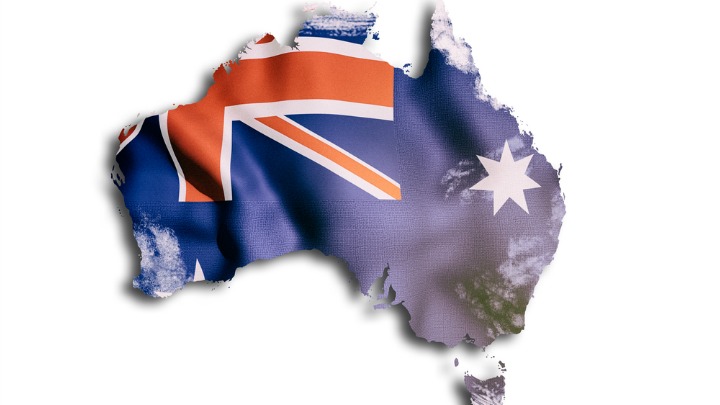Defining moments in Australian political history

A couple of years ago the National Museum of Australia launched the Defining Moments project as a celebration of Australia’s history and the events that have been significant to our identity.
Starts at 60 decided to take a closer look at the different social philosophies that have existed in Australia’s political history… It is, after all, an election weekend, but it’s also a great conversation starter and one we encourage you to take part in.
1890: Depression, strikes and the start of the Labor Party
Unions and employer groups went head-to-head over wages and conditions during a time when Australia was in the grip of a serious economic depression. The strikes were violent in nature, but governments and police backed the employers meaning the unions failed in their bid. The Australian Labor Party was created when activists pushed for combined union and political action.
1902: Women get the vote in Federal elections
Before 1901, only two colonies afforded women the right to vote: South Australia and Western Australia. When Australia federated in 1901, the Constitution restricted voting rights in Federal elections to women who held those rights at state level. Suffragists and progressive politicians lobbied hard for change, which brought about the Commonwealth Franchise Act and Australian women over the age of 21 could now vote in a national election and stand for the Aussie Parliament, even if they couldn’t in their home state. Despite such ground-breaking legislation it wasn’t until 1943 that the first women were elected — Enid Lyons and Dorothy Tangney.
1920: Country Party founded at national level
Initially a state-based political party, the Country Party was responsible for championing the rights of Australia’s rural population and ensured all other political parties considered them in the development of rural Australia.
1944: Liberal Party of Australia forms
Robert Menzies drove the creation of the Liberal Party before leading the party to a landslide victory in 1949 where he went on to become Australia’s longest serving prime minister.
1966: The White Australia Policy is removed
Though there were more than 2 million immigrants to arrive in Australia when the Government opened up the nation between 1945 and 1965 those entering the country were mostly from British and European nations. The introduction of the Migration Act 1966 created legal equality between British, European and non-European migrants to Australia. Such a step was considered one of the most significant steps towards Australia’s multiculturalism.
1967: Constitution altered to include Aboriginal people
It took 10 years of campaigning, but a referendum on Aboriginal recognition in the Australian Constitution was held. With nearly 91 per cent of the vote in favour of amending the Constitution, it was recognition Aboriginal people were regarded as full citizens of the country. There are calls for another referendum to make further amendments to the Constitution in relation to this issue.
1975: Gough Whitlam dismissed from government
Arguably the most dramatic political event in Australia’s history.
1984: Introduction of Medicare
A year after the Hawke Government deregulated the Aussie dollar, it introduced the Medicare health scheme. The federally-funded system provides free or subsidised health care services to the Australian population. It replaced the Medibank scheme introduced by the Whitlam Government in 1975.
1996: Uniform gun laws
When a gunman killed 35 people at Port Arthur, Tasmania, prime minister John Howard wasted little time in announcing a scheme for uniform gun laws across Australia. A buy-back of privately owned guns was funded by a special level on taxpayers.
1999: Australia says ‘No’ to a republic
In November 1999, Australians rejected a proposal to establish the Commonwealth of Australia as a republic and the proposed insertion of an additional preamble to the Constitution.
2000: A new tax
The introduction of the goods and services tax in July 2000 was part of the Howard Government’s tax reform program attempting to redress the effects of declining revenue from income tax.
2008: National apology to the Stolen Generations
In February 2008, then PM Kevin Rudd made a formal apology to the indigenous people of Australia, in particular the Stolen Generations whose lives had been impacted by previous government policies, including the forced removal of children and indigenous assimilation.
2014: Tony Abbott names white settlement as Australia’s ‘defining moment’
In late August 2014, Australia’s then PM, Tony Abbott, launched the Defining Moments project and highlighted the white settlement as the defining moment in Australian history. His comment: “The arrival of the First Fleet was the defining moment in the history of this continent” drew the ire of Indigenous figures who claimed the moment was disastrous for their people.








 Proudly Australian owned and operated
Proudly Australian owned and operated